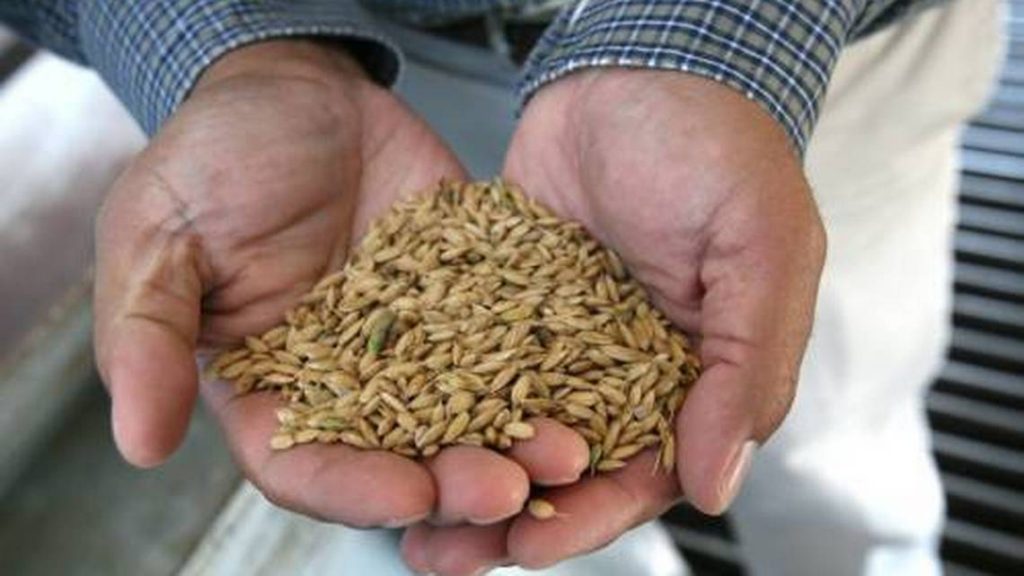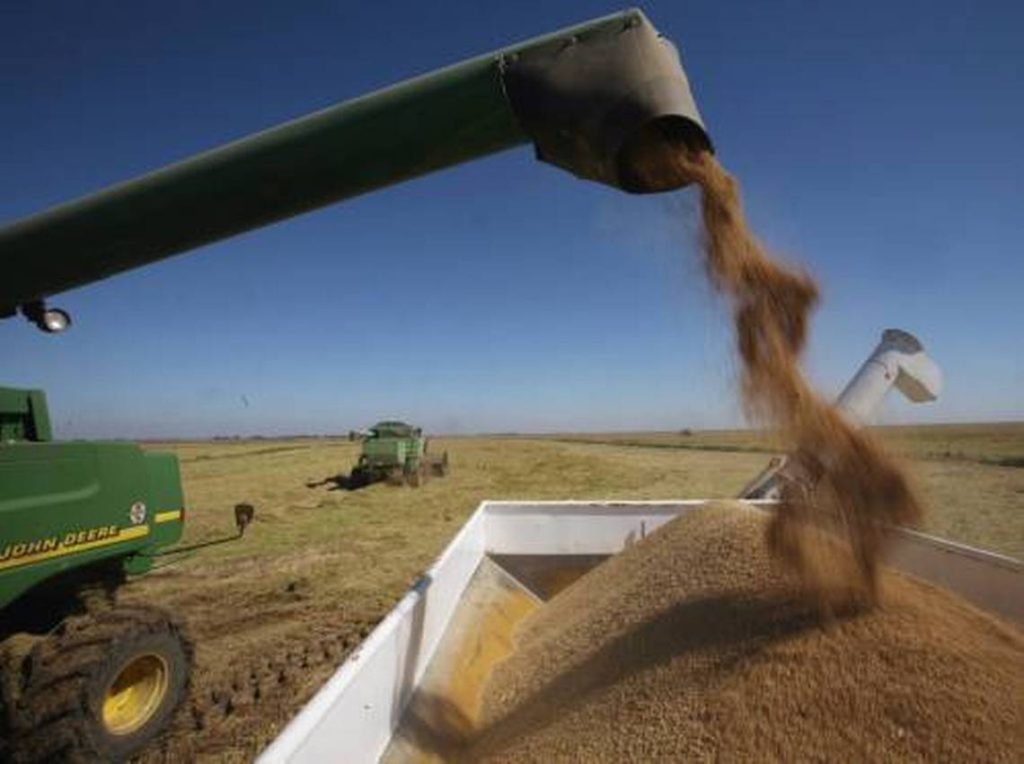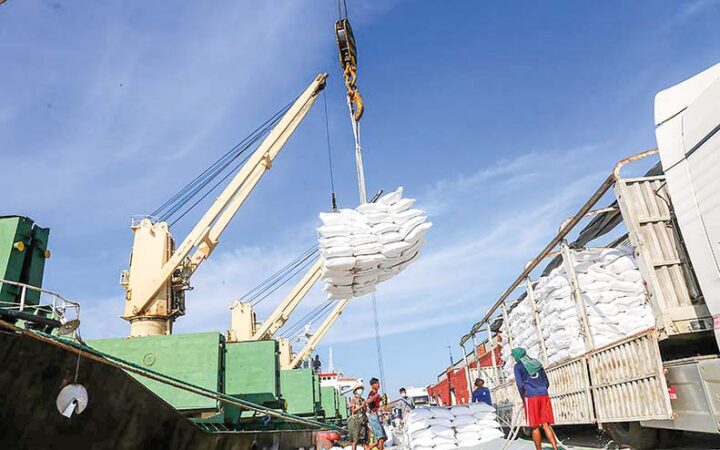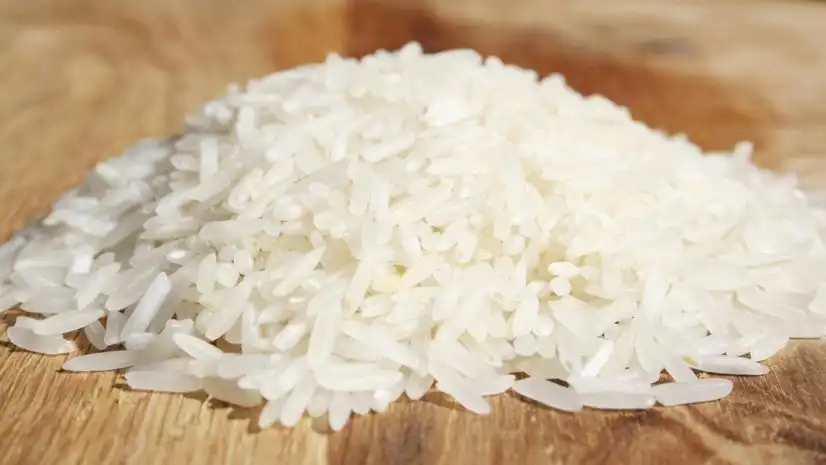Tags
The family behind popular rice brand is moving on. Its legacy will continue in Yolo County
By Esther Sun

After nearly a century of farming its renowned heirloom rice in rural Merced County, the family behind Koda Farms is moving on. All of its trademarks will be licensed to grain manufacturer Western Foods in Woodland.
Stewarded by generations of the Koda family, the farm was started by Japanese immigrant Keisaburo Koda in the 1920s and is owned today by his grandchildren, Robin and Ross. The farm’s Kokuho Rose heirloom rice, Sho-Chiku-Bai sweet rice, Blue Star Mochiko sweet rice flour and Diamond K rice flour have since become household names, are used in many restaurants and line grocery store shelves.
Western Foods will keep some farmers in Dos Palos, where Koda Farms is located, according to Western Foods president Miguel Reyna. Meanwhile, they will transition much of the rice farming to the Sacramento Delta region in Northern California.
“Having our assets and our mills here in Northern California, we going to be able to maintain the supply chain, the quality standards, and be able to service their existing customers with no interruption,” Reyna said.
Koda Farms has been doing business with Western Foods for about eight years, Reyna said, during which he had the chance to get to know the Koda family.
Robin and Ross Koda did not respond to request for comment.
Western Foods, which sells a range of rice flours and ancient grains, has been selling specialty Japanese-style rice flours for years. In 2019, the company acquired rice flour manufacturer American Sunny Foods, which provided Western Foods additional processing capabilities and technical expertise specific to Japanese-style rice flours, Food Business News reported.

The Kodas’ story in America started in 1908, when family patriarch Keisaburo Koda migrated from the Fukushima prefecture of Japan to California.
The farm’s trademarks have roots in Japanese cultural heritage — the Kokuho Rose logo depicts symbols from Japanese creation mythology, and the Sho-Chiku-Bai logo incorporates pine, bamboo and plum imagery that commonly associated together in Japanese and Chinese art.
Forced into a Japanese internment camp during World War II, Keisaburo had to relinquish farm management to new owners, who sold nearly all of the farm’s land, equipment, worker homes and livestock. When he returned in 1945, he re-started the business from scratch alongside his sons.
After establishing a successful rice business, Keisaburo spent much of his life working to help Japanese American immigrants.
He started the People’s Rights Protection Association to lobby against the Alien Land Law, which prohibited non-citizens from owning agricultural land and was designed to target Asian and other non-white immigrants, according to the University of Washington. The law was declared unconstitutional in 1948. Keisaburo also was instrumental in bringing services such as insurance and banking to Japanese Americans.
“Our goal is to maintain the legacy and the heritage, … hopefully bring some new product development for their existing brands and continue the legacy for the next 50 to 100 years,” Reyna said.
https://www.sacbee.com/news/local/article291088120.htmlPublished Date: August 18, 2024






